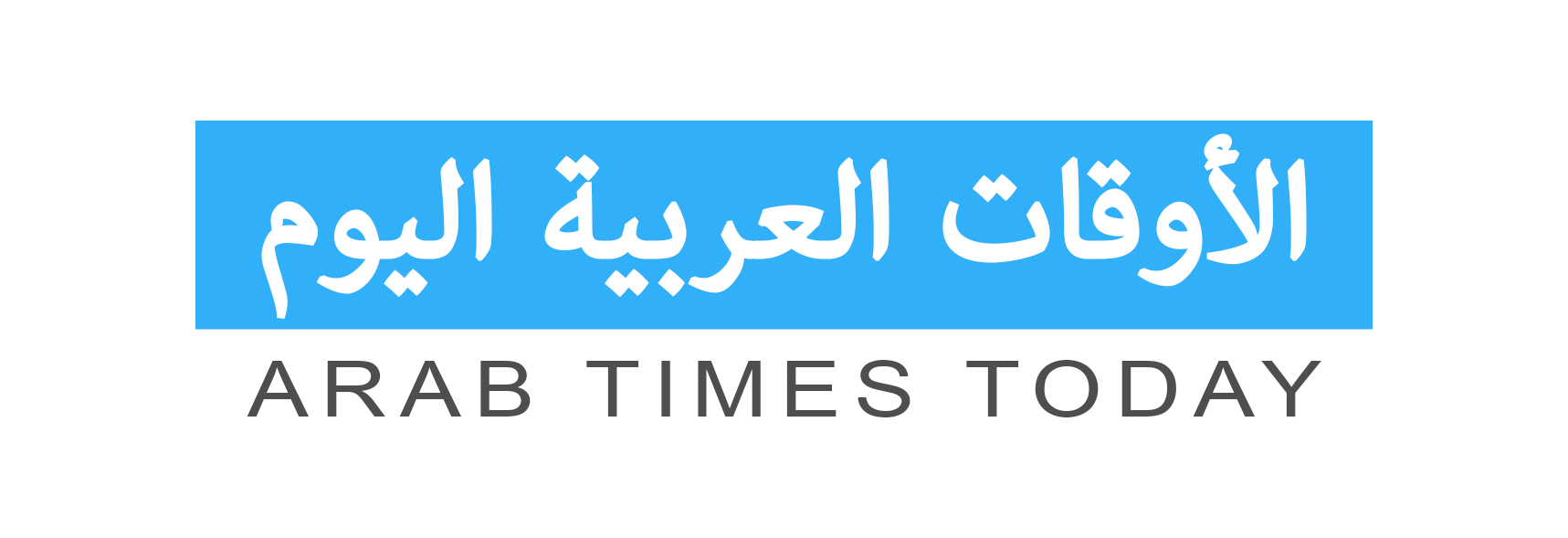Despite their reliance on oil and gas exports, the UAE, Saudi Arabia, and Qatar have been the most active in the Gulf Cooperation Council region in adopting measures aimed at mitigating climate change, according to a report.
On the Middle East and Africa Environmental Sustainability scorecard, which was created by Geneva-based Horizon Group under contract with Kuwait’s Agility and was commissioned by Kuwait’s Agility, the Emirates—the second-largest economy in the Arab world—ranked first in areas like sustainable infrastructure and transportation, energy transition, and environmental ecosystem.
One of the biggest exporters of natural gas worldwide, Qatar, ranked first in governance and reporting, innovation and technology, and green investment.
The largest economy in the Arab world, Saudi Arabia, ranked among the top five in five of the six important sectors that the index highlighted.
The index looked at how well 17 different nations performed in terms of corporate practices, government regulations, and environmental sustainability results.
Although some of the countries included in the report are relatively “late comers” to the global sustainable development scene, it also noted that these countries are “stepping-up” their efforts to implement sustainability strategies, programs, and investments very quickly.
Tarek Sultan, vice chairman of Agility, one of the biggest logistics firms in the Mena region, stated, “As a supply chain operator and investor in the Middle East and Africa, we want to know what governments and businesses are prioritizing, and where they’re putting resources in the climate change battle.”
“We’re looking for partners in the areas of alternative fuels, green transportation and infrastructure, and supply chain services that minimize environmental impact without compromising performance.”
When it comes to waste management and resource efficiency, Bahrain ranked third in the category of circularity, while Oman ranked sixth.
In terms of environmental ecosystems—which look at biodiversity, conservation, and pollution of the air, soil, and water—Kuwait ranked fifth best.
In an effort to move away from exporting hydrocarbons, GCC nations have been making significant investments in sustainable development and renewable energy.
In an effort to reduce its reliance on natural gas for the production of electricity, the UAE, the first nation in the Mena region to declare a goal of net zero by 2050, has been funding clean energy projects such as nuclear, wind, and solar power.
One of the biggest solar projects in the world, the two gigawatt Al Dhafra power plant was opened in Abu Dhabi on Thursday. It is anticipated to power 200,000 homes and cut the capital emirate’s annual carbon dioxide emissions by more than 2.4 million tonnes.
Abu Dhabi National Energy Company, also known as Taqa, developed the project in collaboration with China’s JinkoPower, France’s EDF Renewables, and clean energy startup Masdar.
Additionally, the United Arab Emirates is building the five-gigawatt Mohammed bin Rashid Solar Park in Dubai, which, when finished in 2030, will reduce 6.5 million tonnes of carbon emissions annually.
In the meantime, in an effort to transform its economy and lessen its dependency on oil, Saudi Arabia, the leading oil producer in Opec and the largest exporter of crude oil worldwide, has set aggressive goals to combat climate change and reduce carbon emissions.The United Arab Emirates, Qatar, Morocco, and Saudi Arabia have dominated the market for green investments, which are money that are usually directed toward sustainability or renewable energy projects, the report stated.
However, African nations like South Africa, Rwanda, Nigeria, Uganda, and Kenya have been emphasizing green transportation more.
With a goal of reaching net zero by 2050, South Africa intends to become a major producer and exporter of green hydrogen and its derivatives. It is predicted that South Africa will surpass Nigeria as the largest economy in Africa next year.

